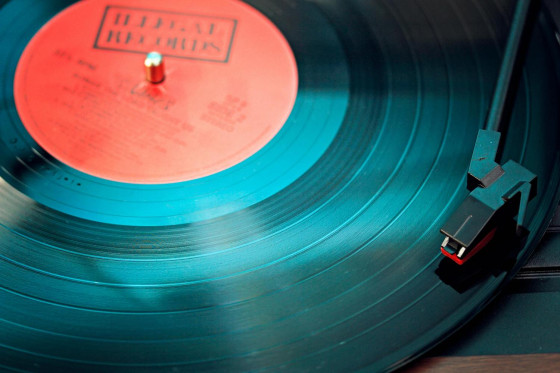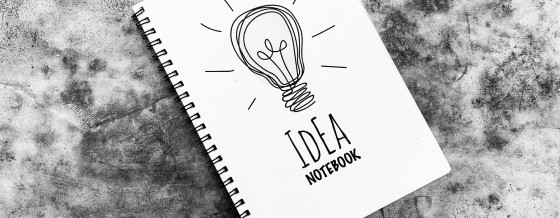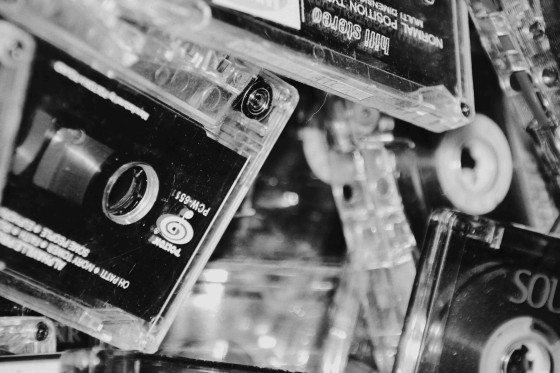Podcast Legal Issues: What You Ought to Know
Contents

You can push a lot of creative bounds when it comes to podcasting. But, even so there’s a fair share of podcast rules and regulations to look out for.
Every country has different laws that cover podcast legal issues– copyright, defamation, privacy, commercial speech, and more. When podcasting, you ought to take a risk-based approach, considering the laws of where you’ll be producing, but also distributing. Ultimately lawsuits can potentially be brought against podcasters wherever the show is available, and wherever harm is done. Considering all laws that might apply to podcasting can help mitigate potential pitfalls and keep your podcast on solid legal ground.
So what do you need to know?
Louise Lambert, a specialist media content lawyer at Reviewed & Cleared, and Carolyn Schurr Levin sat down with our Lower Street team to tell us all about Podcasting and the Law, here’s what we learned.
A little disclaimer: this blog is not equal to any legal advice and the laws are constantly changing, but these are some aspects you should consider during the podcasting process. When in doubt, it is always recommended to consult with an attorney.
Podcast Lawsuits
You might think podcast lawsuits are rare, but have a closer look in recent news and you’ll see a different story. In the US, 2023 saw podcasters sued for defamation in states like New York and Arizona.
In one of these cases, the hosts of The Ugly Truth About the Girl Next Door were sued by the father of a football player, who claimed their podcast falsely accused him of participating in ritualistic sex abuse. Other podcast lawsuits have involved claims of pedophilia and sex crimes made in the podcasts.
These cases highlight the importance of understanding defamation laws, as accusations—even when repeating what someone has said elsewhere—can lead to legal action.
Let’s face it - True Crime shows can share a lot of information, and even at times, some mere assumptions. But it isn’t only True Crime podcasts that may go too far. News shows might not present the whole picture, Financial or Business shows may forget to check their facts. With these slip-ups - come a number of potential podcast legal issues.
Defamation is one consideration, but the law can reach into many aspects of the podcasting process. Recording, copyright, and privacy are a few, let’s take a closer look.
Recording Laws
Legal challenges in podcasting can begin right at recording. By this, we mean consent to record. Now if you have an interview podcast, it’s probably a given your guest has given their consent. But if you are recording an investigative piece or even background conversations for setting the ambiance - you may need to get explicit consent.
To avoid any podcast legal issues concerning recording, it’s best to have your guests always sign a waiver.Or, they should clearly consent to the recording, in a way you have a record of it. This makes it very clear they’ve given their consent for recording.
Recording laws vary widely across the US. Some states require all-party consent for recordings, while others only need one party’s consent. For example, in New York, podcasters can record without notifying the other party. But, in California or Florida, you’ll need everyone's consent to avoid penalties of up to $2,500 and potential jail time.
In the UK, you can record conversations for personal use, but if you want to publish recordings without the other party’s knowledge, you would need to be satisfied that the public interest outweighs their right to privacy. Does the podcast serve a broader societal purpose that justifies the recording being published?
What can you do to avoid podcast legal issues here?
Whenever you're recording interviews or using third-party content, make sure to get contributor releases and location permits. These releases should grant you broad distribution rights to avoid podcast legal issues down the line.
If for some reason you can’t prepare a release ahead of time, make sure to get on-mic consent recorded for a fallback.
Commercial Speech
When we discuss commercial speech, we mean anything that may sound more like advertising. The US and UK approach commercial speech differently.
In the US, editorial content has strong First Amendment protections, while commercial speech receives less protection. The UK has Advertising Standards Authority (ASA) codes, which ensure that paid-for content is clearly labeled as such, differentiating editorial content from advertising.
These laws may affect your host-read ads or sponsored episodes.
Copyright and Fair Dealing
Copyright is a vital consideration for anyone working in a creative field. So what do podcast copyright rules look like?
A lot of copyright rules will be in regard to sound and music used in the podcast.
They may come into play when you are using music, articles, or third-party audio. Both US and UK laws automatically grant copyright to creators without requiring registration.
In the UK, “fair dealing” is a defense to copyright infringement which allows for limited use of copyrighted material in certain circumstances. This might be for criticism and review, news reporting, or as a ‘quotation’, in order to be able to make a specific point. Each item will need to be assessed by a lawyer (especially if you want to make sure that your use of third-party materials in this way is covered by insurance), but in all cases, only the minimum necessary content should be used. The content also needs to have been ‘made available to the public’ before and in most cases, you will need to credit.
An example could be when an outlet in the UK uses clips about the US election, with some commentary about how that story hit, or reading the top headlines.
In the US, "fair use" is a defense used after the fact in court. It considers factors like the purpose of the use, the nature of the work, the amount used, and the impact on the market value of the original work. In this case, it won’t be clear right from production if you are in the clear or not.
It's risky to use copyrighted material without permission, especially music, which is heavily policed. Even short excerpts can lead to significant lawsuits, as seen in a recent case where Universal Music Group sued a podcast for $6 million.
Sourcing music and sound effects from the internet comes with risks. Many creators assume content found online is free to use, but that can lead to copyright infringement claims. To avoid podcast legal issues down the line: Always, always check you have the necessary licenses, or use royalty-free content whenever possible.
Further Reading: Royalty-Free Music
Defamation and Privacy
As we mentioned at the start of this blog, defamation can be a big concern in podcasting. It’s important to check what is being said and what is facts versus assumptions or hearsay.
Defamation laws differ between the US and the UK, but the essence is the same: defamation occurs when false statements of fact harm someone's (or some brand’s) reputation.
In the UK, defamation requires "serious harm," while in the US, public figures must prove "actual malice". What do these statements mean?
“Serious harm”, may include affecting the party’s ability to get a job, directly resulting in dangerous bullying, and making a serious impact on their life.
“Actual malice” means that the statement was knowingly false or made with reckless disregard for the truth.
When it comes to privacy laws, they vary widely from state to state. But generally, they are stricter in the UK, where individuals have a right to respect their private life. It’s good to keep in mind though what may be an invasion of privacy in California, may not be in New York.
This includes protection against the publication of private information, especially when it involves children or anything that takes place in the home or another private setting. Balancing privacy with the public interest is key. Is it in the public interest to publish a piece of information, notwithstanding that the person’s right to privacy is engaged? This can be seen for example in cases where public figures' actions are scrutinized for hypocrisy or “moral failings”.
Final Thoughts on Podcasting Legal Issues
Podcasting is an exciting medium, but it’s not without its legal complexities. Do your best to understand the laws in both your country of production and distribution. By taking a risk-based approach and seeking legal advice when necessary, you can ensure your podcast stays both creative and compliant.
Thinking about launching a podcast for your brand?
If you need a hand launching, producing, or promoting your branded podcast, the Lower Street team is here to help. Get in touch for a free consultation.
Contact us




![The Best Podcast Interview Questions [2026] | Lower Street](/img/asset/bWFpbi9pbWcvcXVlc3Rpb25zLmpwZw==?w=560&fm=jpg&s=f456c99a286fc25ade5457d114a2733f)